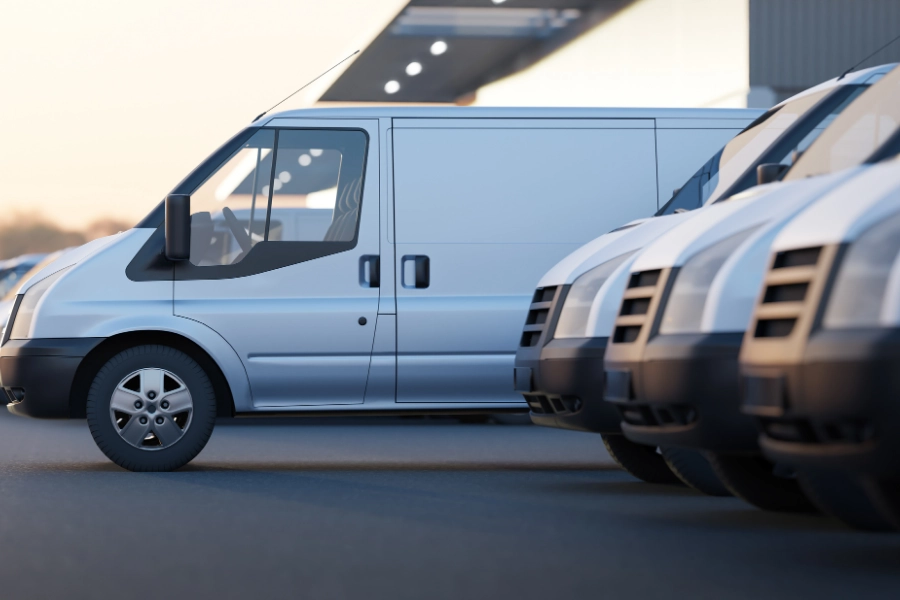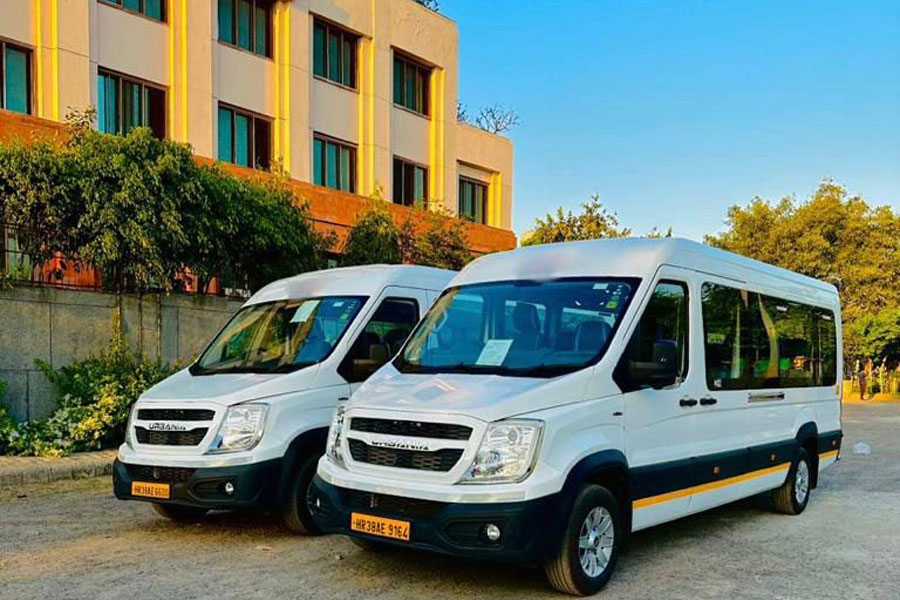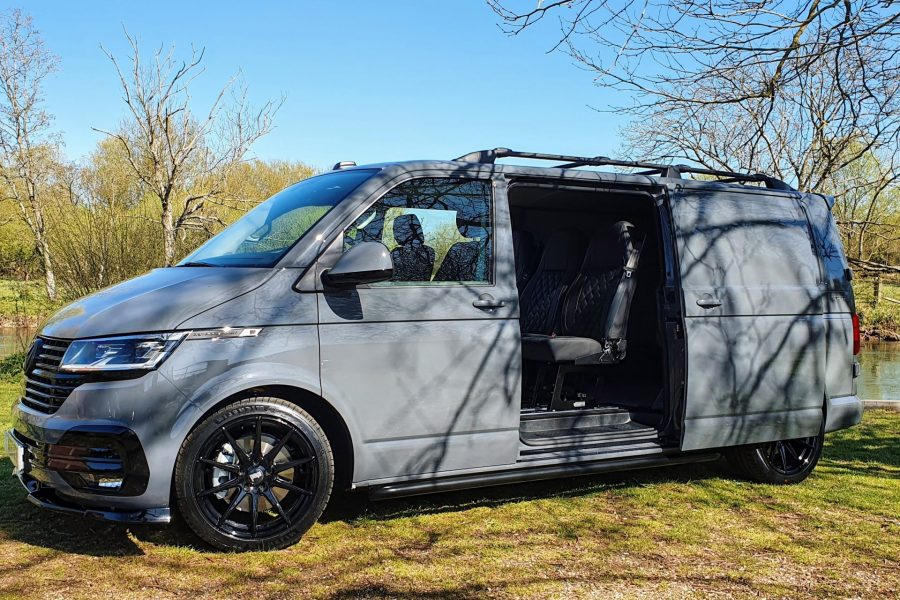Camper Van Conversions: DIY Tips for Your Perfect Mobile Home
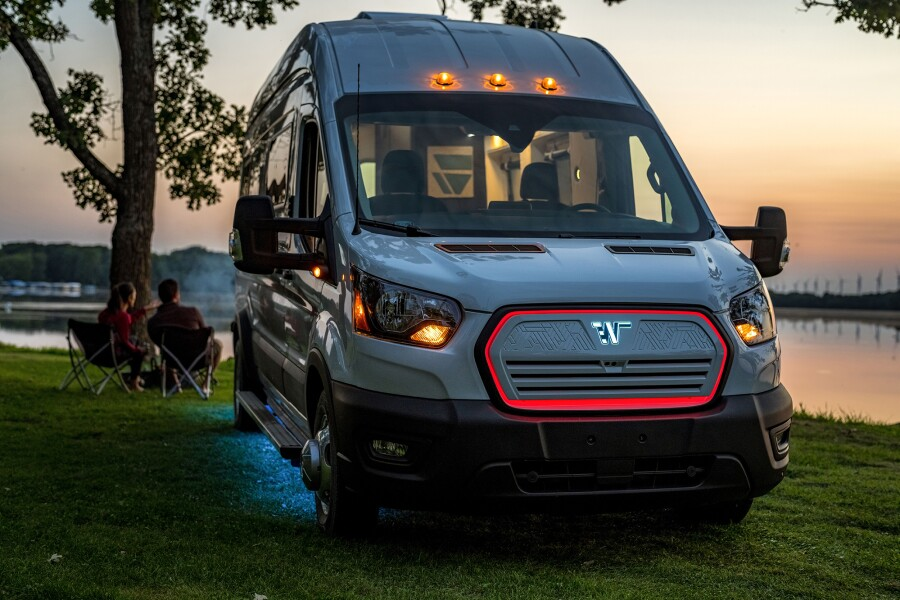
Turning a camper van into a cozy and functional mobile home has become a popular project for those who love adventure, freedom, and self-sufficiency. Whether you’re planning a weekend getaway vehicle or a full-time home on wheels, converting a camper van can be an exciting and rewarding DIY project. This article provides essential tips and insights into creating the perfect mobile home while ensuring your build is both practical and comfortable.
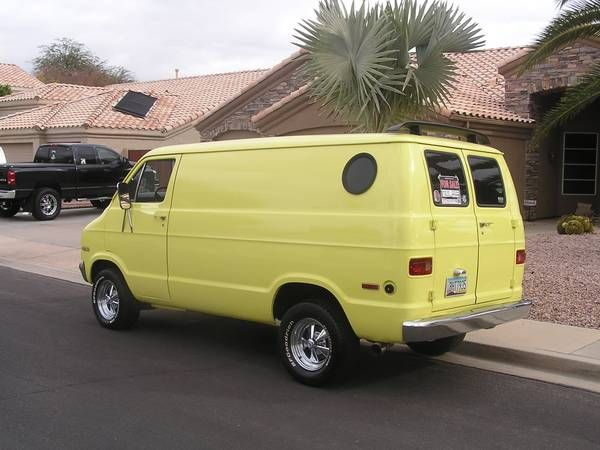
Planning Your Camper Van Conversion
Define Your Needs and Lifestyle
Before diving into the build, it’s important to clearly define your goals. Consider how you plan to use your camper van. Will it be for weekend trips, or are you planning to live in it full-time? Understanding your lifestyle will help guide your design choices, including the type of van, layout, and key features like storage, kitchen setup, and sleeping arrangements.
For example, if you’re living full-time in the van, you’ll likely need a more robust kitchen and larger storage spaces. Weekend travelers, on the other hand, may prioritize comfort and simplicity.
Choosing the Right Van
The foundation of your camper van conversion is, of course, the van itself. Popular models include the Ford Transit, Mercedes Sprinter, and Ram ProMaster, each offering different pros and cons in terms of size, price, and ease of conversion. When choosing a van, keep in mind factors such as fuel efficiency, interior space, and reliability.
A van with higher roof clearance may be ideal if you plan to stand inside the vehicle. On the other hand, a smaller, more compact van may be easier to park and drive in cities.
Essential DIY Tips for a Successful Build
Insulation and Ventilation
One of the first things to consider in a camper van conversion is insulation. Proper insulation helps regulate the temperature inside the van, keeping it warm in cold climates and cool in the summer. Popular insulation materials include foam board, spray foam, or wool insulation. Make sure to cover walls, floors, and the ceiling for maximum efficiency.
Equally important is ensuring adequate ventilation. Installing a roof vent or fan will help keep the van comfortable by circulating fresh air and reducing moisture buildup. This is especially crucial if you’re cooking or sleeping inside the van for extended periods.
Design an Efficient Layout
The layout is the heart of your van’s functionality. Focus on designing a space that maximizes both comfort and practicality. Consider the following elements:
- Bed Design: You can opt for a fixed bed, which takes up more space but is always ready, or a foldable bed that converts into a seating area during the day.
- Storage Solutions: Utilize every nook and cranny for storage. Overhead cabinets, under-bed storage, and wall-mounted shelves help save space while keeping your belongings organized.
- Kitchen Setup: Depending on your cooking needs, your kitchen can range from a simple camping stove to a full setup with a sink, refrigerator, and countertop space. Be sure to choose appliances that run efficiently, such as a propane or induction stove.
Electrical Setup: Powering Your Mobile Home
Electricity is a crucial component of your camper van conversion, especially if you plan to live in the van full-time or spend extended periods off-grid. Most van builds incorporate solar panels as a renewable energy source. Solar panels can power lights, kitchen appliances, and even charge devices.
Additionally, you’ll need to install a battery system to store energy and a power inverter to convert it into usable electricity for your appliances. Be sure to calculate your total power consumption based on your planned devices and size your solar and battery system accordingly.
Water System: Installing Plumbing
A basic water system in your camper van includes a freshwater tank, a greywater tank, and a pump to provide running water for your sink or shower. A simple gravity-fed water system can also work if you’re looking for a more minimalist solution.
If you’re planning a more comprehensive setup, consider including a water heater for showers and dishwashing. For greywater management, ensure you have an appropriate drainage system in place to dispose of wastewater responsibly.
Safety Considerations
Safety is paramount in a camper van conversion. Here are a few key safety elements to consider:
- Fire Safety: Install a fire extinguisher and carbon monoxide detector to prevent hazards related to cooking or heating.
- Secure Furniture: Make sure all cabinets, shelves, and appliances are securely fastened to prevent shifting while driving.
- Locks and Security: Upgrade your van’s locks or install additional security measures, such as alarms or window bars, to protect your home on wheels.
Personalizing Your Camper Van
After the basics are covered, it’s time to make the space your own. Think about adding personal touches such as interior lighting, cozy fabrics, or decorations that reflect your style. Additionally, consider the convenience of daily living, such as installing blackout curtains for privacy or outdoor awnings for shade.
Conclusion
Camper van conversions offer the freedom to travel wherever your heart desires while maintaining the comforts of home. By carefully planning and executing a DIY build, you can create a space that perfectly matches your needs and lifestyle. Whether you’re a weekend warrior or a full-time vanlifer, the satisfaction of transforming a van into a functional, comfortable mobile home is unmatched.

